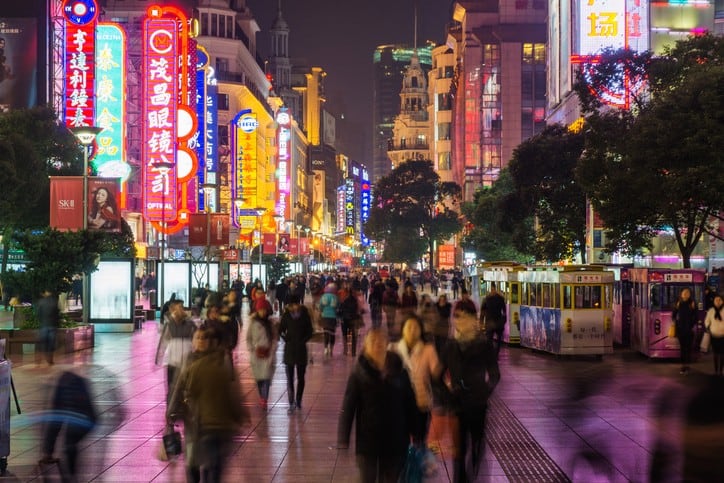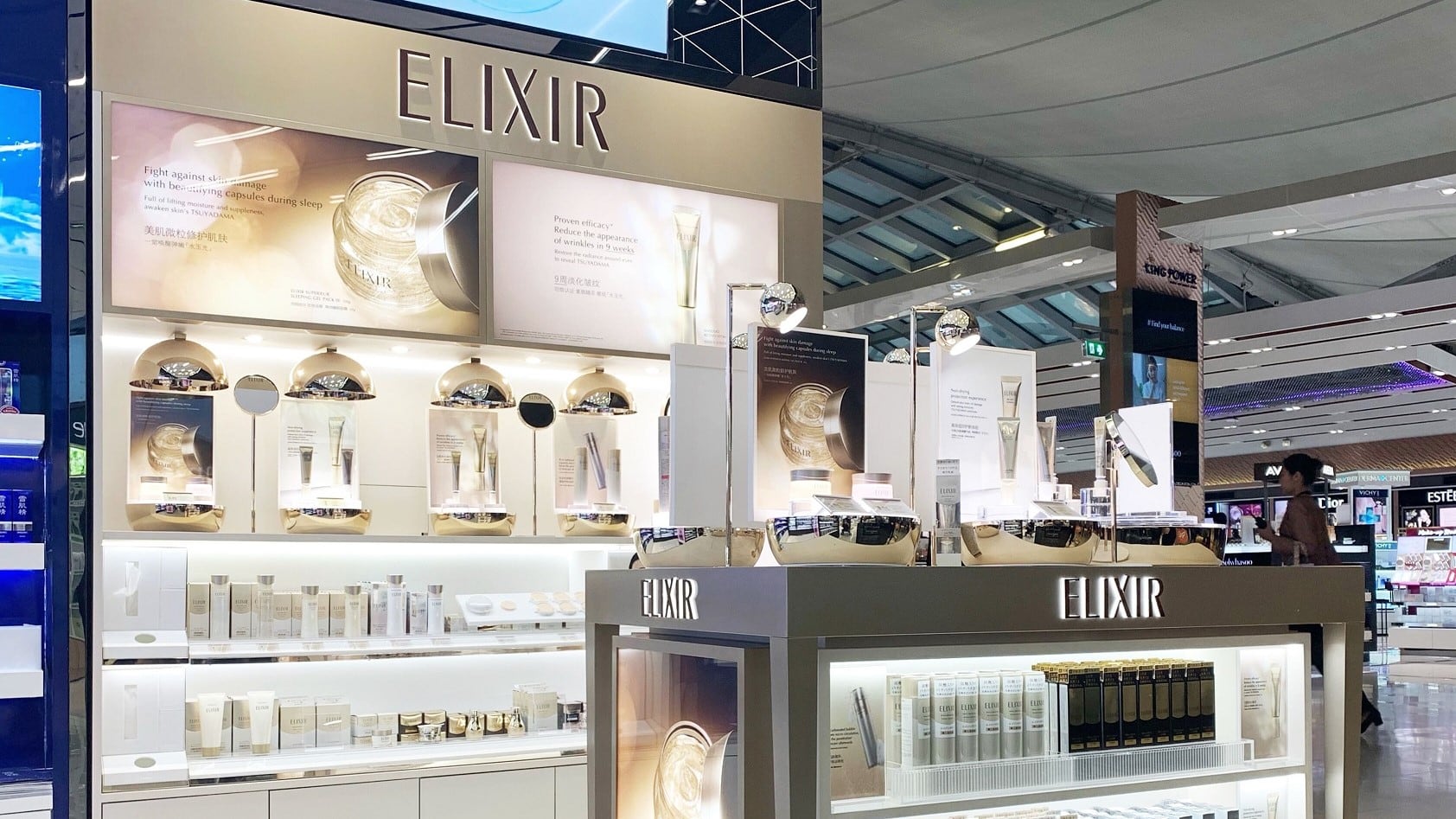Chen Xi, the general manager of Tmall Cosmetics, told CosmeticsDesign-Asia that Tmall’s beauty sales did exceedingly well last year.
“Tmall’s sales of beauty products jumped over 60% last year, surpassing the industry’s average growth rate of 37%. Online sales of cosmetics and personal care products rose 37% and 36% respectively in China. This is also ahead of the whole fast-moving consumer goods sector average of 32%.”
The company announced at its annual beauty summit in March that it expected international and domestic cosmetics brands to open 1,000 shops this year on its platform.
It revealed brands such as Tom Ford, Glamglow, Oriental Therapy, d-program, Primera and Barnangen have signed agreements to open flagship stores on Tmall this year.
What’s driving beauty consumption?
Chen attributed the rising demand for beauty to the consumption upgrade trend in China.
“A consumption upgrade is happening across industries, and for beauty products, in particular, we’ve seen rapid growth in luxury cosmetics, beauty gadgets and medical cosmetic products.”
One trend Chen has observed is that consumers are paying more attention to their physical appearances.
“Not only is this driving sales, but it’s also shaping the industry as brands are launching more specialised products to meet changing consumer trends and preferences,” she said.
Additionally, she added that the platform was observing a growing number of young consumers.
“The amount they spend, the number of items they purchase and the frequency of their shopping activities is increasing.”
Lastly, Chen highlighted that there has been a surge of consumption in lower-tier cities.
“We’ve seen consumption in third- and fourth-tier cities in China surge since 2017 to a point where it now surpasses total consumption from the first and second-tier cities.”
Opportunities in beauty
The company believes it can work with cosmetics companies to capitalise on the consumption upgrade trend.
For instance, brands can utilise Tmall’s customer insights and market analytics to develop products tailored specifically for the Chinese consumer.
According to the company, there are four types of cosmetic products that are popular among Chinese consumers.
Chen said: “Chinese consumers are drawn to four main types of products, namely international luxury cosmetic brands, smart technology and innovative items, natural and organic skin care and style collaborations such as co-branded partnerships, artistic collaborations and limited-edition initiatives.”
Another growing segment Tmall has its eye on is the male grooming market.
“This is a growing segment which we are certainly interested in. We’re developing deeper insights into the needs, motives and awareness of men when it comes to beauty products,” said Chen.
For instance, Chen elaborated that the company is trying to understand the daily beauty regime of men and find ways to increase their awareness of skin care and colour cosmetics.
Chen added that part of the firm’s focus is to look at developing more ‘specialised’ and ‘professional’ lines targeted at men.
This would include developing products such as BB creams and eyebrow pencils.
“In addition, we aim to create more targeted marketing campaigns that effectively reach this growing group of customers,” Chen concluded.
Tmall also highlighted that it saw untapped opportunities for cosmetics companies among Generation Z.
Aged 15 to 19 years old, Tmall said that even though these were ‘newcomers’ to beauty, they were willing to spend more on luxury cosmetics compared to other age demographics.
To reach out to these consumers, Chen said Tmall has developed a targeted marketing strategy to attract and drive consumption forward among Gen-Z consumers.
This included utilising social media and appealing to the interests of the demographic.
Chen said: “Our marketing efforts are centred around engaging this generation of consumers on social media platforms that are popular with them. We also use third-party events to reach Gen-Z consumers, for example Chinajoy, which is the largest gaming and digital entertainment expo in China.”
The company also plans to launch more of its ‘signature events’ to increase marketing efforts.
Chen elaborated: “The focus of our events is to create something innovative and unique that appeals to our customers and provides them with a new experience that merges online and offline. For example, we leverage our extensive network of celebrities and influencers to create limited-edition products that are highly sought-after.”





